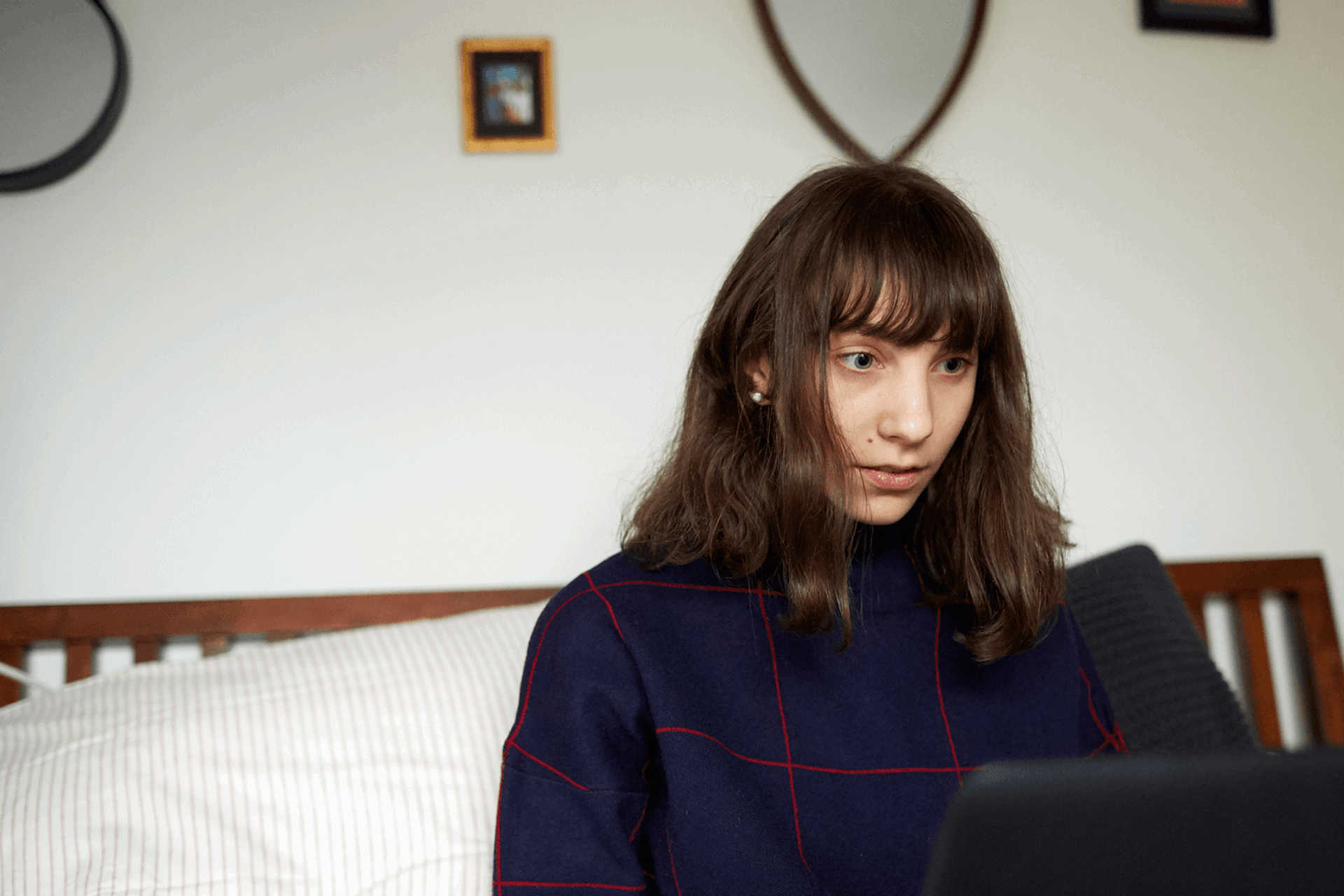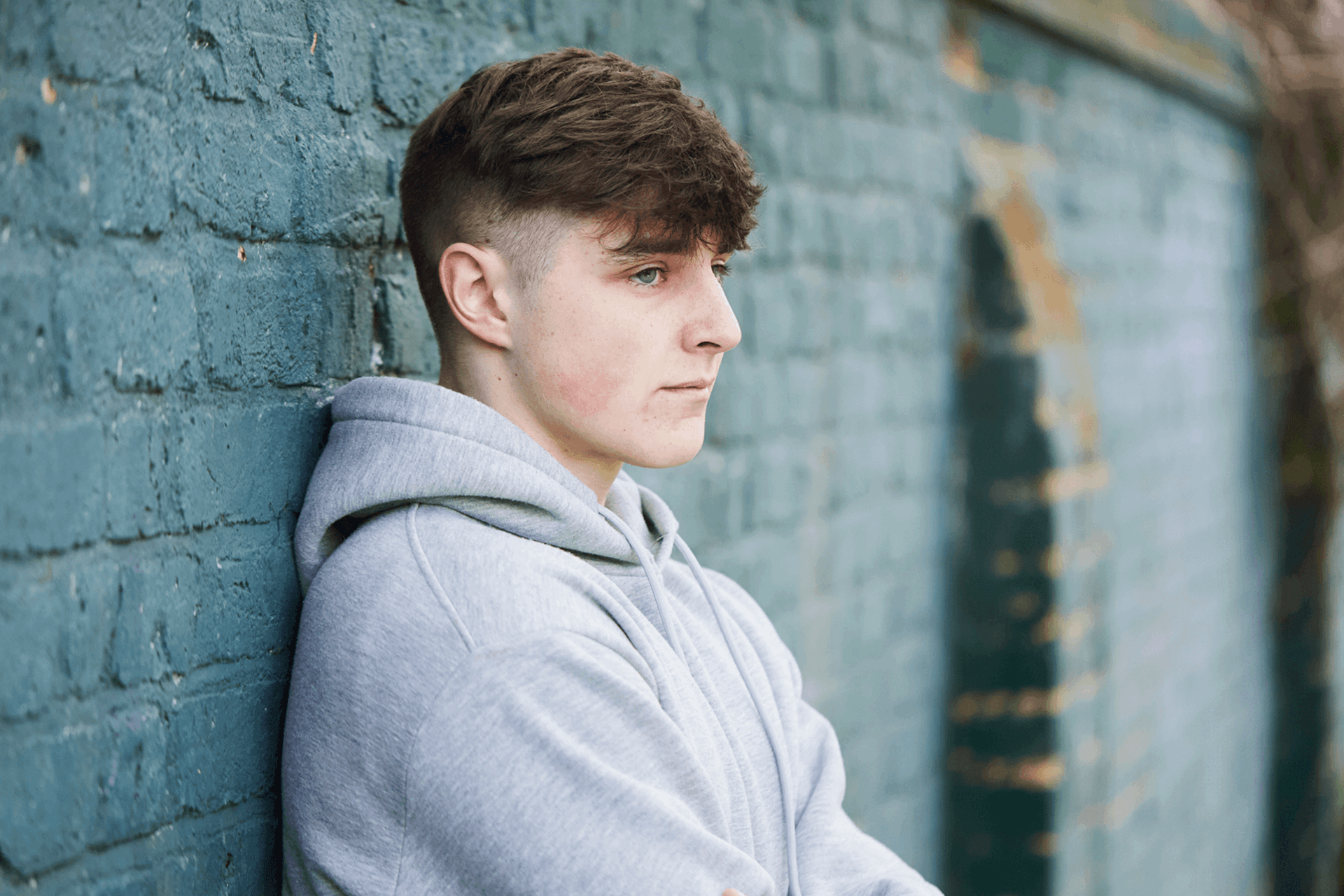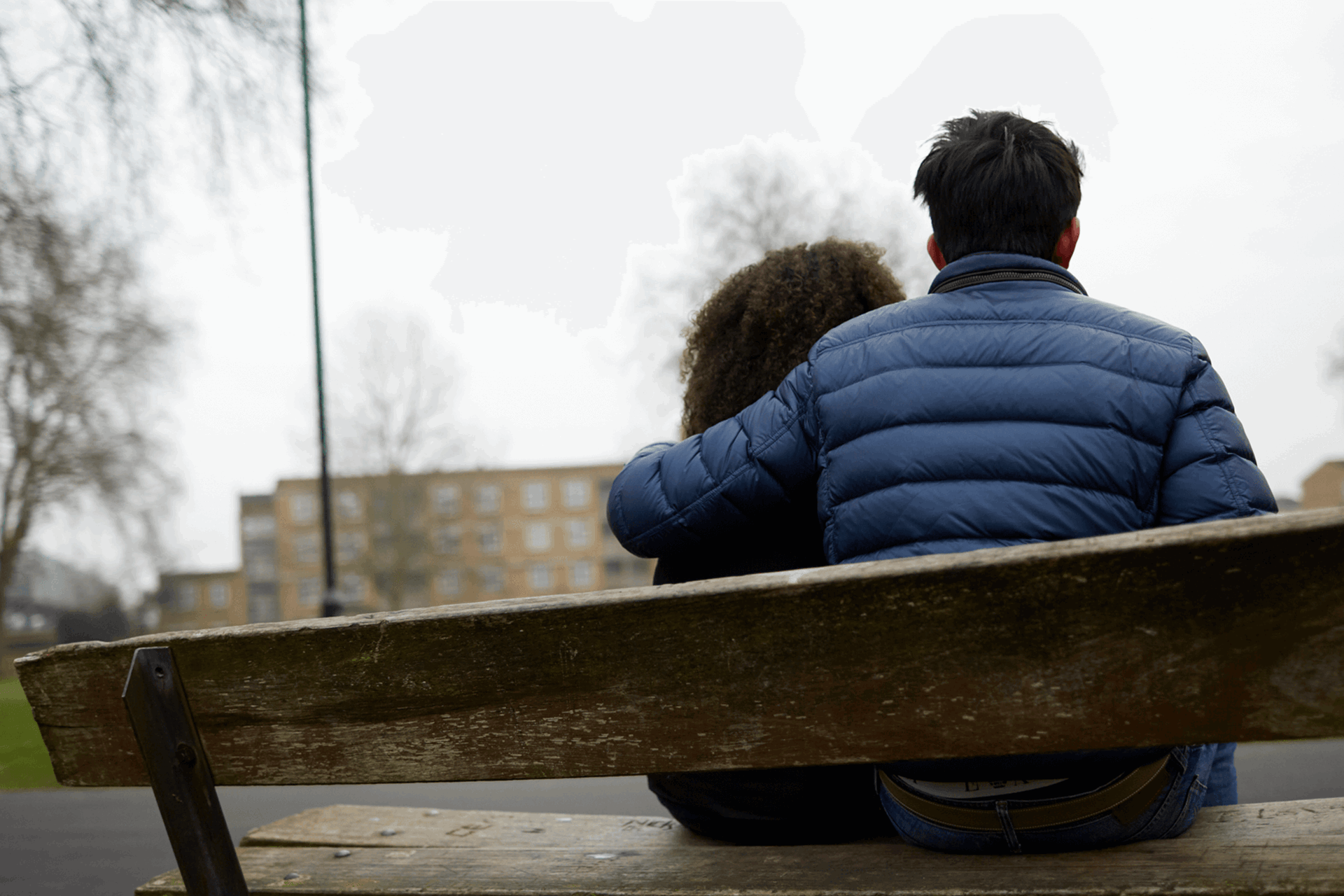Topics mentioned: grief and loss, family
About: There is no right way to grieve, but sometimes it can feel like there is pressure to behave a certain way when grieving. Eve shares her experience.
During my first year of college, our family’s life was turned upside down when my mum was diagnosed with breast cancer. After a year of treatments, she was thankfully put in remission.
I can’t speak on behalf of her or anyone else but I wanted to share my experience with having a close family member battle this much-feared illness, exploring how other individuals' expectations can affect and arguably hinder your grieving process.
During my first year of college, our family’s life was turned upside down when my mum was diagnosed with breast cancer.
My experience of pressures to grieve in a certain way
You are taught to begin grieving at the first diagnosis given of cancer. Any certainties in the future suddenly turn into ‘ifs’, ‘maybes’ and varying levels of pity. This is terrifying and your mind can’t help but run to the worst situations.
There were so many elements of the illness that were new to me, but what shocked me the most was the response I received being the daughter of someone with cancer and the responsibility I felt to grieve ‘correctly’.
I felt pressure to constantly communicate my most honest, raw emotions surrounding the diagnosis to anyone who asked about it. It was exhausting. Often cancer treatment is lengthy and the outcome is uncertain, so those expectations felt inescapable.
I felt pressure to constantly communicate my most honest, raw emotions surrounding the diagnosis to anyone who asked about it. It was exhausting.
It felt like my every movement, emotion and action was analysed. I could no longer drink a bit too much at a party because I was young and experimenting. I could no longer fail a test because I was simply not doing well at a subject. I could no longer laugh, joke or even cry without it being related to my mum's illness.
In situations like that, a common reaction is for you to detach yourself from the situation, for your emotions to numb and your responses to become less compassionate.
I was so aware that the sympathy and questions all came from places of good intent, but I couldn’t handle being the spokesperson of our family’s emotions during such a difficult time. The combination of intangible amounts of guilt and sadness led me to become a very numb and dissociated shell of myself.
I ended up pretty much refusing to speak about it in non-medical terms. I’m sure to a lot of people it looked like I was lacking in compassion, care and perhaps I did seem cold - but I truly cared for my mum and family more than anything in the world.
It felt like my every movement, emotion and action was analysed.
When someone is diagnosed with cancer, I get why the instant reaction is sympathy. I understand that I was told about every possible negative outcome of the treatment in order to prepare me for the very worst. But from the moment my mum was diagnosed people responded like it was a death sentence, and there was an expectation that I should have reacted like it was.
Nowadays, I don’t feel any anger or even frustration towards the way people reacted and responded to me. Everyone was trying their best and I truly believe that. Ultimately the detachment and dissociation I experienced was a coping mechanism to an overwhelming situation. We all did what we needed to do to survive, to function and live day to day, but my main priority should have been to support my mum and my family and not to appease typical symptoms of grief.
There is still so much fear around cancer and it is scary. And because of this, people often don’t know how to react to you when your relative has been recently diagnosed or is undergoing treatment - and that’s okay. We don’t want you to pretend to be a psychologist, we don’t want a perfectly crafted response or in-depth knowledge about the medical procedures; we just don’t want the illness to be the only thing you see.
People often don’t know how to react to you when your relative has been recently diagnosed or is undergoing treatment - and that’s okay.
More information and advice
We have tips and advice to help you find the support you need. Take a look at our guides.
Where to get help
However you're feeling, there are people who can help you if you are struggling. Here are some services that can support you.
-
Grief Encounter
Supports children and young people through bereavement.
Free webchat service available.
- Opening times:
- 9am - 9pm, Monday - Friday
-
Childline
If you’re under 19 you can confidentially call, chat online or email about any problem big or small.
Sign up for a free Childline locker (real name or email address not needed) to use their free 1-2-1 counsellor chat and email support service.
Can provide a BSL interpreter if you are deaf or hearing-impaired.
Hosts online message boards where you can share your experiences, have fun and get support from other young people in similar situations.
- Opening times:
- 24/7






